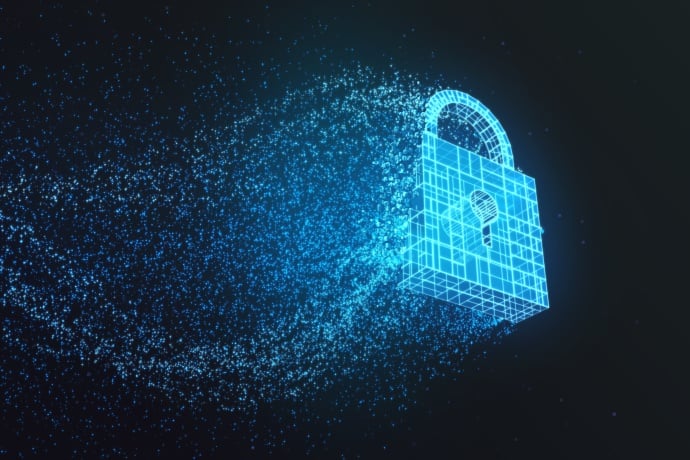Ex-cyber chiefs of U.S., Israel Decry Threat Disconnect
Keith Alexander and Nadav Zafrir say government and the private sector need to fix a disconnect in the way that threat info gets processed and shared
The former top cyber warriors for the United States and Israel say government and the private sector will need to work far more closely than they do now if they’re going to stave off an assortment of increasingly aggressive nation-state adversaries.
Keith Alexander, who served as Director of the National Security Agency, Chief of the Central Security Service and as Commander of the United States Cyber Command, shared a stage on the final day of RSA Conference last week with Nadav Zafrir, the former commander of Israel’s legendary 8200 Intelligence Unit.
As they shared their experiences battling cyber foes during their time in uniform, the two men, who now work in the private sector, shared a dire assessment of the mounting threats to enterprise companies.
“The ability to share [information about cyber attacks] at speed doesn’t exist and rarely gets to government in time to do something about it,” said Alexander.
He painted a picture in which organizations are usually on their own to handle cyber attacks. The way to guarantee a more secure security future depends on establishing an integrated system between the government and the private sector to coordinate cyber defense.
We are in a place where some of the foundations of what it means to be a modern civilization are at threat.
Zafrir agreed, adding that he frequently encounters situations where organizations needlessly erect obstacles that prevent effective sharing of communications and collaboration with other businesses.
“We’re blocking ourselves to death,” he said as Alexander nodded in quiet assent. “That’s not the way to go.”
Meanwhile, Zafrir warned that attackers have a wider selection of potential targets than ever. He said the increasing pace of digitization and soaring increase in the number of things that have been connected to the internet since 2007 has created untold new opportunities for malicious hackers to find exploits.
“Look at the electricity and financial system,” Zafrir said, adding that attackers are acquiring the capability to to knock out those industries in a state-sponsored cyber attack – something that he said would have a devastating impact on society. “We are in a place where some of the foundations of what it means to be a modern civilization are at threat,” he said.
“If we don't have faith in the electric grid or the financial system, we will head back to the Dark Ages," he said.
First Shots Have Already Been Fired
Other nations have suffered deliberating attacks against their infrastructure – Ukraine being a repeated victim of attacks against its banks, government and power grid. But the former intelligence chiefs suggested that the U.S. is living on borrowed time.
“We’re going to see huge cyber attacks on the U.S. and [on American allies in the Mideast] by Iran and we’re not ready for it,” Alexander said, accusing Iran of already conducting sporadic attacks against U.S. allies in the region.
He also warned that Russia and China will continue to step up their cyber probes of U.S. targets looking for ways to disrupt networks or steal valuable intellectual property. But Alexander said that while he didn’t expect a military confrontation with China, he said the long-term impact of their cyber campaign is likely larger than any cyber attacks coming from Russia or Iran.
“I don’t see China going to war with us,” he said. “But they have 1.3 billion people and really need to get their economy going – and the best way to get their economy going is to steal your intellectual property.”
The two former intelligence chiefs also said it’s up to government and the private sector to find more effective ways to handle and process information about new threats with the goal being an “integrated cyber picture.” Meanwhile, they urged companies not to wait but to beef up their talent pool by thinking differently about how they hire.
“We screened people not just by what they knew but by learnability,” Zafrir recalled of his time leading the 8200 Unit, which intelligence analysts consider be one of the most formidable of its kind in the world. “If you choose right people with the aptitude to learn fast, miracles happen,” he said. “You need to become creative about talent.”
Alexander added that the government might also want to reach out to universities to raise awareness of cyber security. He also suggested a program where government would underwrite the cost of college to produce more graduates with backgrounds in cyber security who could pay off their loans working for public and private companies.
“It will be good for our country,” he said







We encourage you to share your thoughts on your favorite social platform.